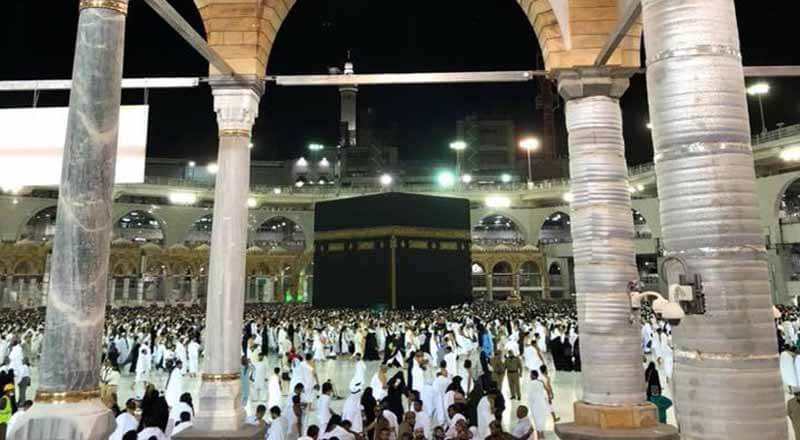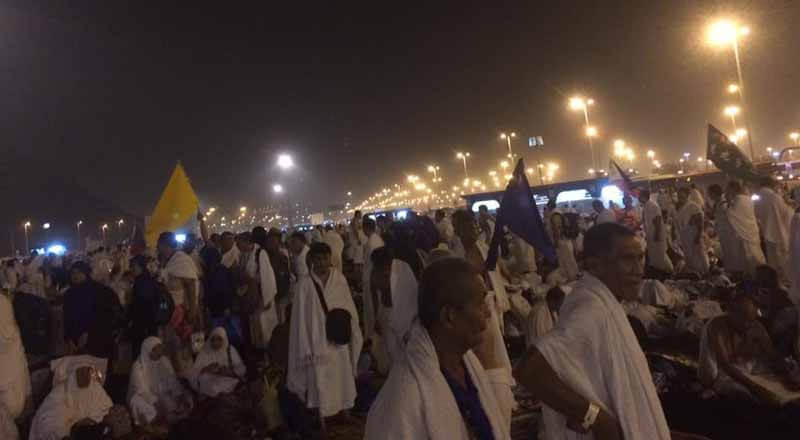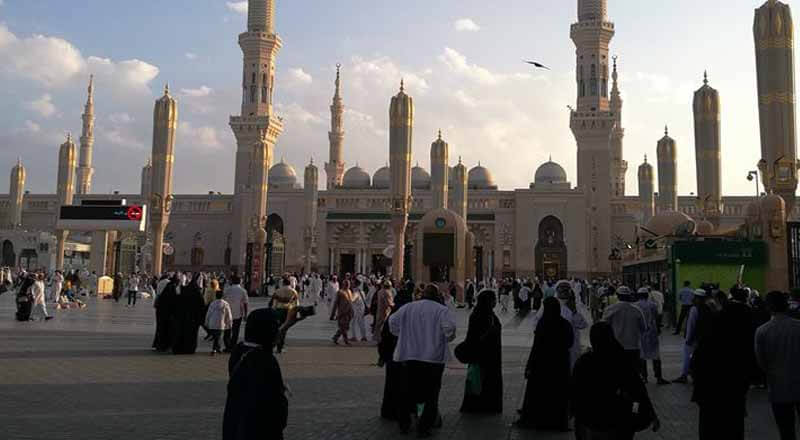Be it the benefits of good deeds, worship or intense repentance, the importance of the first 10 days of Hajj can never be denied. This particular time period carries a great deal of power for those who believe and take heed.
The Islamic month of Zul Hijjah is termed to be important because it is during this time that Muslim pilgrims perform Hajj. It is the 12th month of the Islamic calendar or lunar year. Every year, thousands of pilgrims from around the world travel to Makkah. This is done for the sake of ALLAH, in the effort that their hajj may be accepted. It should be noted that the rituals of Hajj take place during the 8th to the 12th of this holy month.

So what is the importance of the first 10 days of Hajj? To help you figure this out, we’re shedding light on this beautiful topic below.
Various acts of worship
There are no days most adored by ALLAH SWT than the first 10 days of Zul Hijjah. For this reason, believers are ordained to establish various acts of worship so that their Lord may be pleased by their efforts. It has been recommended that worshippers observe fast during the first 9 days of Zul Hijjah. Fasting is prohibited during the 10th day, during which believers observe Eid ul Azha. All Muslims should recite the takbeer to obtain great benefits. This can be viewed as a call for Muslims to cry out and praise their Lord. This should be followed by the tahleel or the proclamation of the oneness of ALLAH. This can be concluded by declaring a tasbeeh and glorifying their Lord.

Understanding the sacrifice during the month of Zul Hijjah
The importance of the first 10 days of Hajj can be seen by the sacrificing ritual during Zul Hijjah in Islam. There are particular days in the Islamic calendar that are reserved for the performance of certain hajj rituals. The 10th of Zul Hijjah has been termed to be the day where Muslims offer the sacrifice of animals. This is an act that is carried out in commemoration of the sacrifice made by Hazrat Ibrahim for the sake of ALLAH. All believers around the world must offer the sacrificing of livestock on this particular day. This serves as a constant reminder and sublime example to believers of Hazrat Ibrahim’s great obedience to ALLAH.

The art of good deeds and sublime character
All Muslims are encouraged to perform as many good deeds as possible during the month of Zul Hijjah. This is a prime example of the importance of the first 10 days of Hajj. In particular, this includes refraining from gossip, forbidding all forms of evil and vulgarity. All believers must encourage one another to have profound respect for one another while being courteous to their loved ones. This is an act that is most beloved by ALLAH SWT and hence is bound to bring great rewards. One of the biggest rewards of them all is the forgiveness of past sins. A famous Hadith of the Holy Prophet PBUH states that there are no better days to perform righteous deeds that are loved by Allah than during these 10 days.

ALLAH SWT places great emphasis on the first 10 days of Hajj. Believers are enjoined to offer prayers, Zikr, and seek the countless bounties of their Lord. This is done in an effort to eradicate all previous sins and work for a better place in the hereafter.
